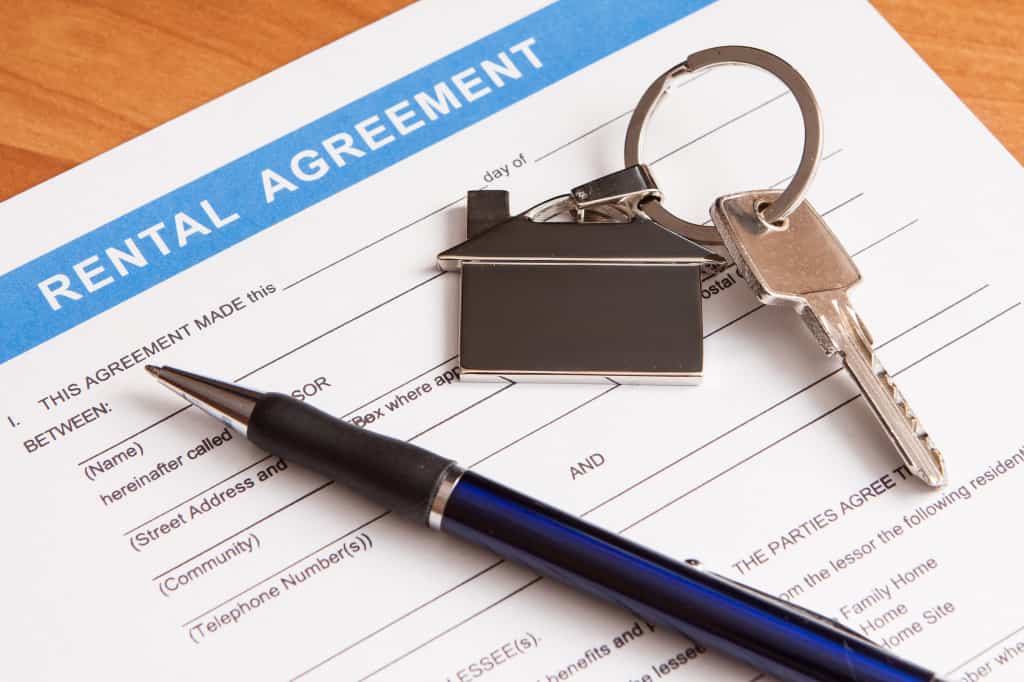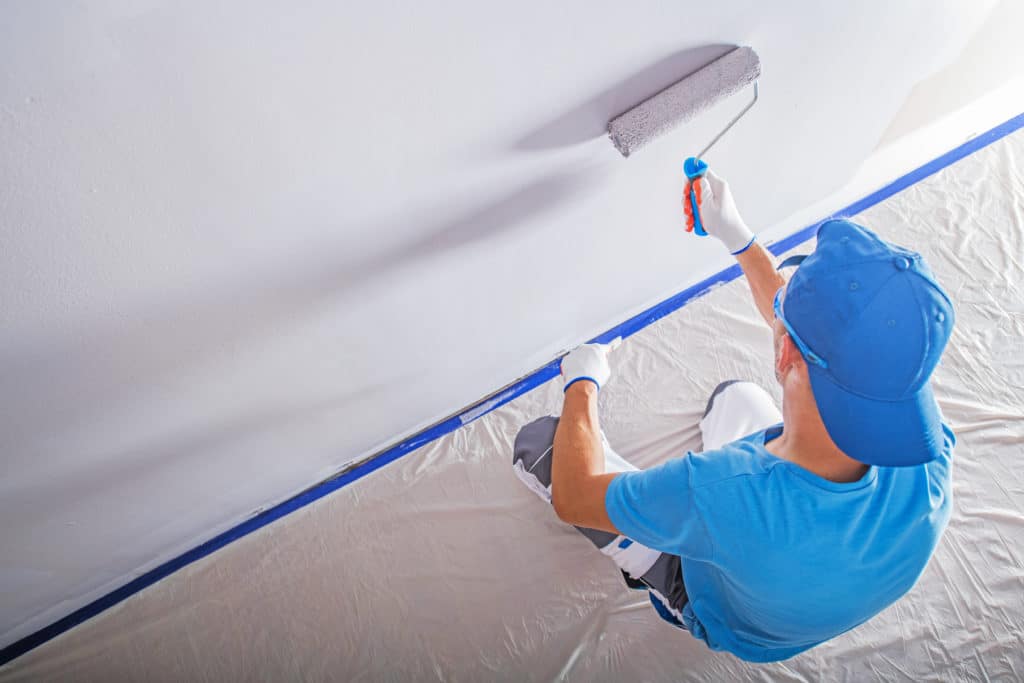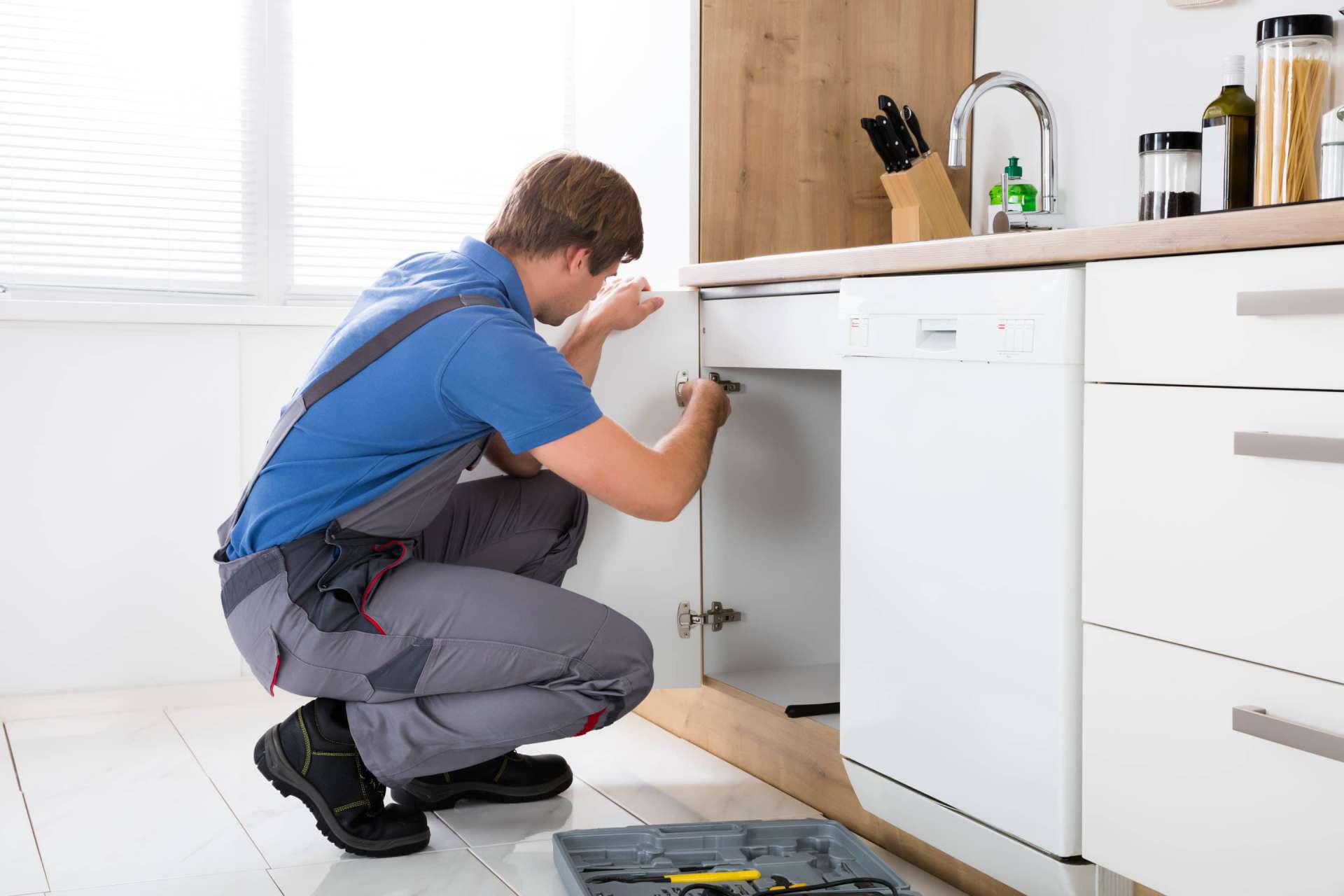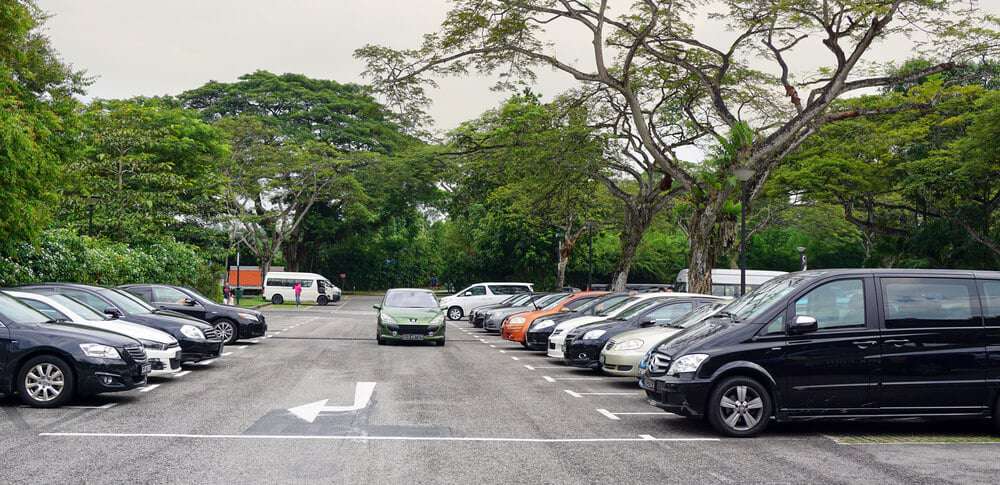As landlords and property managers for over 50 years, we’re always excited by prospective residents that come prepared with questions.
It shows they are serious about the process and well-informed.
We created this blog post to help other prospective renters (just like you) who are looking to rent an apartment but don’t want to make a mistake.
We prepared these most common questions based on our 50+ years of experience being on the other side that you should know before you sign the lease.
This blog is written for those detail-oriented consumers who want to make the right decision.
1. How is the financial responsibility divided between 2 or more unrelated parties in the event one of the renters fails to pay their share of the rent?
Typically, each person named on a lease is jointly responsible for the lease until the lease term is completed. In fact, each individual is independently obligated and bears the full financial responsibility for the lease regardless of written or verbal commitments the individuals made to each other as to their responsibilities. If one party fails to pay the rent, or if one party moves out, the other individual(s) named on the lease can be held responsible for paying the rent. No party is released from the financial obligation created by non-payment of rent until all debts are paid in full to the landlord.
If the rent is not paid, all of the individuals named in the lease could potentially have their credit damaged (assuming the Landlord obtains a judgment for non-payment of rent) regardless of whether partial payments were made. Thereafter, an otherwise spotless credit history might contain a permanent stain.
2. How long is the lease term?
Typically, apartment leases are one year (12 months). There are some landlords that will lease for less than a year for higher monthly rents. This is called a short-term lease. Find out if and how the lease would be extended as well (also known as lease renewals).
3. How much notice is required to move out under my lease?
Every building has its own policy regarding termination notice. Most landlords require you to provide a full sixty calendar day notice. This allows time for the landlord to obtain a new tenant. The sixty calendar days’ notice is not the same as sixty days notice. Sixty calendar days are two full calendar months. Landlords typically require that notice be in writing and many require that the notice be sent certified mail in order to eliminate any dispute as to the date notice was given.
Landlords typically use the mailing date as the start date, but the tenant should check to make sure the start date is not based on delivery/receipt of the notice to the landlord.
Similarly, ask about the renewal process.

4. Can I have a pet?
You should most certainly ask this question during your search. In fact, you should ask about pets well before you are presented with a lease to sign. You should review your lease to make sure the document you are about to sign contains written provisions that permits pets.
Don’t assume you can have a pet just because you cannot find the provision that prohibits having a pet because such restrictions may be covered within the rules and regulations that you received earlier, misplaced or the rental agent forgot to give you.
Permission to have a pet must be in writing. Do not rely on any verbal statements regardless of the source. The courts generally require all terms and conditions to be in writing. You need to also confirm the amount of any pet deposit required before signing apartment lease.
Confirm type (dog or cat), weight restrictions, and breed restrictions.
5. Can I alter the look of my apartment?
Most landlords prohibit a tenant from changing the color of the walls (and ceilings). Some landlords will offer a custom package including alterations and changes.
These packages are usually provided as a cost in addition to the base rent. If you do repaint (because you have permission in your lease), make sure you aren’t required to repaint the walls when you move out. Landlords generally use the same paint colors so as to reduce the labor cost of painting the walls and ceiling between tenants. The cost to repaint, if you weren’t permitted to change paint colors, will be passed onto the tenant under the damage above normal wear and tear provision.
6. Are there any restrictions when I can move in?
The answers to these questions and more are to be found in the apartment lease agreement, or the community’s rules and regulations. Typically, the landlord is free to adjust the rules and regulations periodically (without regard to term). In practice the landlord will do so only at the beginning of a new lease term, and only after notification to the tenants.
7. What fees do I owe each month?
Make sure you confirm within the lease all the costs that you are required to be paid and the costs that are already paid for are consistent with the lease.
Everybody makes mistakes including rental agents, as well as tenants. You or your rental agent may forget what was said during the entire process from being shown the apartment to the signing of the lease. Therefore, it is an absolute must that you review all of the financial responsibilities required under the lease.
What utilities are included and what are not? What bills do I owe when living at your apartment
8. How do I get service?
Typically, you will be provided a written how to guide with regards to maintenance requests. Find out who you should call in the event of an emergency (electrical outage, flood, no air conditioning in the summer time or not heat in the winter time). Find out how and to whom you should make routine maintenance requests, and how and when you can expect service. It’s a good idea to check out the reputation of the service team online. We suggest going to Apartment Ratings prior to signing your apartment’s lease.
9. Can I sublet my apartment?
Typically, the answer is no, but some landlords allow you to do sublet (or let someone else live in your apartment) if the new tenant makes a new application with the office. There may be a fee involved, and you may still be held responsible for any damages that occur as a result of the sublet tenants’ activities.
10. Will I be refunded my security deposit in full when I move out?
Typically, the law provides that the landlord return your security deposit within 30 days of your moving out at and the end of your lease. However, the landlord is permitted to withhold money for any damages above normal wear and tear.
You must read your lease to find out if you are required to clean the apartment, fix small nail holes, clean the carpet, and when the apartment will be inspected. The landlord is required to provide an itemized list of the damages and the associated repair costs if any deductions are made to your security deposit.
The landlord is permitted to charge reasonable profit and overhead on top of the replacement or repair cost being charged. Therefore, it is in the tenant’s interest to perform any cleaning and minor repairs required before returning the keys to the landlord.
11. Is parking available?
You should confirm parking, number of spaces, and costs (if any). Also, find out about guest parking prior to signing your apartment lease.
12. Is Renter’s Insurance Required?
Renter’s Insurance can help protect you in case your personal property is damaged or destroyed in the case of a covered event (typically fire, lighting, theft, and others). It also can provide personal liability coverage. Purchasing renter’s insurance is almost always a good idea, and rather inexpensive (usually about $20-45 per month). Find out if this is required and what the minimum coverage might be.
13. How Do I Pay Rent?
Find out how you can pay your rent. Usually, rent is due on the 1st (but check your lease). Find out if you can drop off check, or where to mail it, or even if online payments are provided. You may also want to ask if the initial payments need to be certified funds
14. Do you change the locks between tenants?
Find out what apartment safety items are in place. For example, are the locks changed between tenants? Does each apartment have at least one deadbolt? Do the common area doors automatically close behind them? Does management keep keys under supervised control?
15. Is the apartment quiet?
Ask if the apartment is noisy. This entails asking about how the apartment building is built (i.e. are the walls, floors concrete or wood frame). Typically concrete walls and ceilings are better for noise control than standard wood frame. Are the windows single pane (one piece of glass) or double pane (two pieces of glass)? Do you have rules for quiet hours?
16. What is late rent policy?
Are there any late fees for rent? What about fee for bounced check / non-sufficient funds fees? While you likely don’t expect this to occur, it’s good to be informed of possible charges.
17. What’s fee if I need to break my lease?
This is often called a “buy out fee” or policy. While you are likely required to pay all remaining monies due under the lease, some apartments may offer a buy out fee and re-rental fee to release you from your financial obligations. Find out what happens if you need to breach your lease.
18. How is trash and mail handled?
This is often forgot about question, but find out is there a trash shoot? recycling? Certain day trash comes? where do you get mailbox key?
Find out how and where you can access amenities.
19. How are packages handled?
Are packages delivered to my door? to common area? or perhaps to package locker that will notify me when packages arrive.
20. Is there emergency maintenance?
If you have an after-hours emergency request (no heat in winter, leak), who can you call? What is the process? This can become a significant issue with smaller independent landlords (see cautions renting from private landlord)
Summary
These are a list of common questions to ask before signing a lease. Before you sign on that dotted line, be sure to ask these questions to maximize preparation, and potentially avoid painful mistakes of choosing the wrong apartment.










